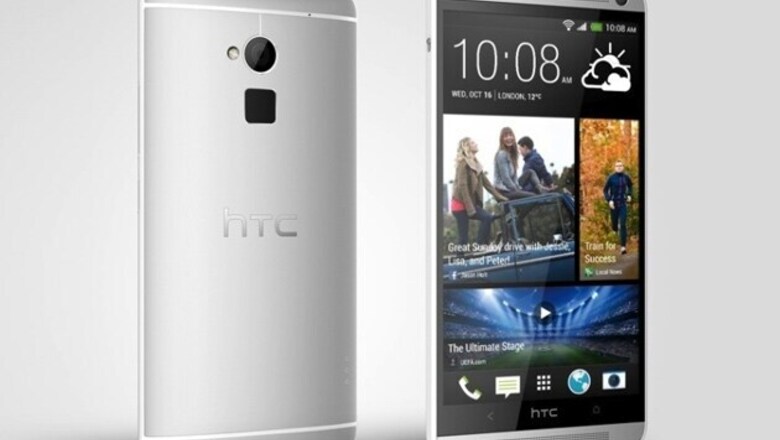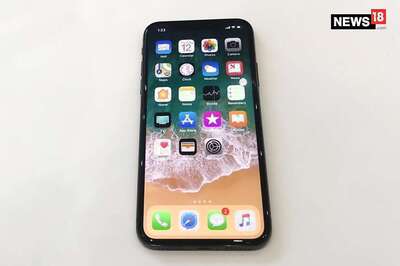
views
The HTC One Max is largely a giant version of the regular, 4.7-inch HTC One. HTC Corp. expands on Android by offering a home screen with a mosaic of customized content - such as your favourite news sites and content shared by friends on Facebook and Twitter. That can get annoying and clutter up the phone, but you can turn that off if you prefer a traditional home screen experience.
Where the Max differs is in offering a fingerprint scanner for bypassing the security password. Unlike the iPhone 5S, the Max launches a different app depending on which finger you use. That gives you quick access to Facebook, the camera or whatever app you designate. Sadly, unlike the iPhone's sensor, the one on the Max often fails to recognize my prints. The feature is supposed to make one-hand operation easier, but I end up using my other hand anyway to type in the password.
The Max, like the standard One, promises better low-light shots. The camera is 4 megapixels, compared with the minimum 8 megapixels that most high-end phones have. Instead, HTC makes the sensor for individual pixels larger to pick up more light. Night shots don't come out as dark.
However, the sensors sometimes pick up too much light, so lights on store signs and Christmas trees bleed together and wash out colors. And with fewer pixels, images aren't as sharp when blown up.
I like how the One's Gallery app automatically organizes your photos by events, based largely on time and location. Another feature turns selected shots from an event into a short video, with customizable music and special effects. Although the standard One has these features, the Max removes a 30-second cap and lets you choose your own tunes, rather than ones included.
Both Ones come with Zoe, a feature that takes up to 20 shots in three seconds so you can choose the one with the right smile or action.
Samsung's Note 3 is lighter and easier to hold, but the Max is a good choice if you really need an Android phone that's even larger than the Note.



















Comments
0 comment